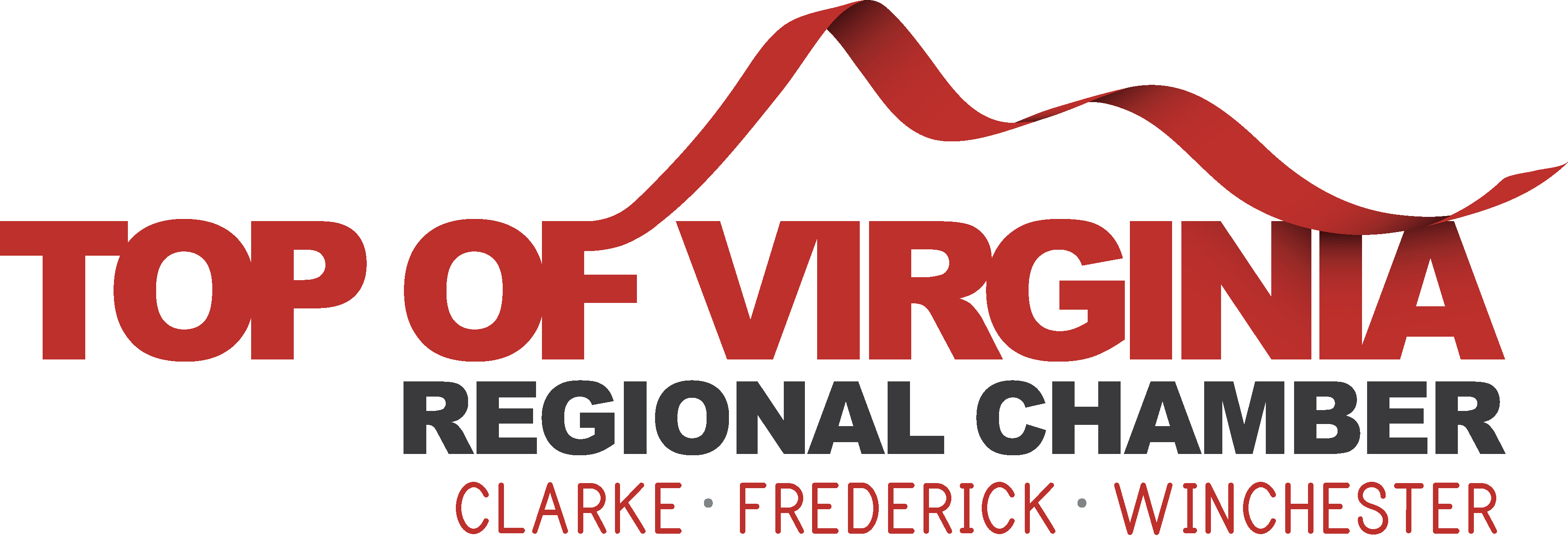No Expensive Software Needed: Easy Technology Fixes That Help Small Businesses Thrive
Small business owners often think efficiency requires major software investments. In reality, everyday tools — the ones you probably already use — can save time, cut costs, and reduce stress when applied strategically. The key isn’t expensive systems, but simple solutions designed to lighten the daily workload.
The Efficiency Mindset: Small Shifts, Big Payoffs
Running lean is less about adopting the latest technology and more about optimizing what you already have. For local business owners, this often means:
-
Using built-in tools instead of complex platforms
-
Automating repeat tasks to avoid wasted hours
-
Streamlining communication and document handling
-
Creating lightweight processes that scale with growth
Practical upgrades compound. Saving ten minutes a day on routine tasks adds up to 40+ hours a year — time that can go back into sales, customer relationships, or family life.
Streamlining Daily Operations with Document & Task Tools
One overlooked source of inefficiency is paperwork. From contracts to vendor agreements, business owners often waste hours printing, scanning, and filing. Here’s where small adjustments make a big impact.
For example, something as simple as inserting a signature in Word can eliminate the need for printing and rescanning forms. Instead of chasing paperwork, you can finalize agreements in minutes.
Other simple adjustments include:
-
Using templates for invoices and receipts
-
Setting up automatic recurring reminders for payments
-
Converting physical forms into digital checklists
These changes don’t require advanced systems — just rethinking how everyday technology supports your workflow.
Low-Cost Tools That Deliver High Value
Here are common technologies local businesses underutilize:
-
Cloud storage: Store files in one place, accessible from anywhere. (Dropbox)
-
Shared calendars: Coordinate schedules across staff without endless texts or calls.
-
Task boards: Organize projects with drag-and-drop clarity. (Trello is one example.)
-
Expense trackers: Automate expense categorization to simplify tax prep.
-
Password managers: Avoid the frustration of lost logins while improving security.
None of these require major training or heavy investment, yet they dramatically reduce the time lost to friction and repetition.
Practical Checklist for Time Savings
Use this weekly checklist to keep your operations running smoothly:
Update shared calendars with team availability
Check recurring invoices and payment reminders
Review file organization in your cloud storage
Automate at least one repetitive task
Backup critical business documents
Each item takes less than 10 minutes but collectively prevents hours of wasted effort.
Comparison Table: Traditional vs. Efficient Approach
|
Task |
Traditional Way |
Smarter Way |
Benefit |
|
Signing contracts |
Print → Sign → Scan → Email |
Digital sign in Word or PDF tool |
Saves 20+ minutes per contract |
|
Scheduling meetings |
Back-and-forth emails |
Shared digital calendar |
Prevents scheduling conflicts |
|
Storing receipts |
Shoebox or file cabinet |
Mobile expense tracking apps |
Easier tax season prep |
|
Team updates |
Multiple calls or texts |
Group messaging platform |
Faster communication |
|
File access |
On a single office computer |
Cloud storage with permissions |
Remote work ready |
Reducing Stress Through Automation
Automation isn’t about replacing people — it’s about removing the busywork. Here’s how a small business owner can apply it:
-
Auto-pay bills to avoid late fees
-
Template responses for common customer inquiries
-
Auto-post scheduling for social media updates (Buffer is a lightweight option)
-
Recurring to-dos inside a task manager
-
Digital note-taking apps (like Evernote) to keep track of ideas, meeting notes, and client details without losing scraps of paper
Every automation reduces “decision fatigue,” freeing your mind to focus on the work that really matters.
FAQ: Everyday Tech for Local Businesses
Q: Do I need to hire an IT consultant to set this up?
No. Most tools mentioned are plug-and-play. If you can send an email, you can manage these setups.
Q: How do I know which tool is worth it?
Start with what wastes your time daily. If a tool cuts the repetition, it’s worth testing.
Q: Aren’t these just productivity hacks?
They’re more than that. When small efficiencies stack, they translate into real financial savings.
Q: What if my staff resists new systems?
Keep it simple: introduce one change at a time, and demonstrate the immediate benefit.
Closing the Efficiency Gap
Efficiency doesn’t have to mean enterprise software or high licensing fees. By leaning on accessible technology, small businesses can gain hours back each week, reduce stress, and focus energy on growth instead of grind.
When in doubt, simplify. The easiest path to efficiency is often the one already at your fingertips.
Join the Top of Virginia Regional Chamber today to unlock unparalleled networking opportunities and resources that will elevate your business and community engagement!

